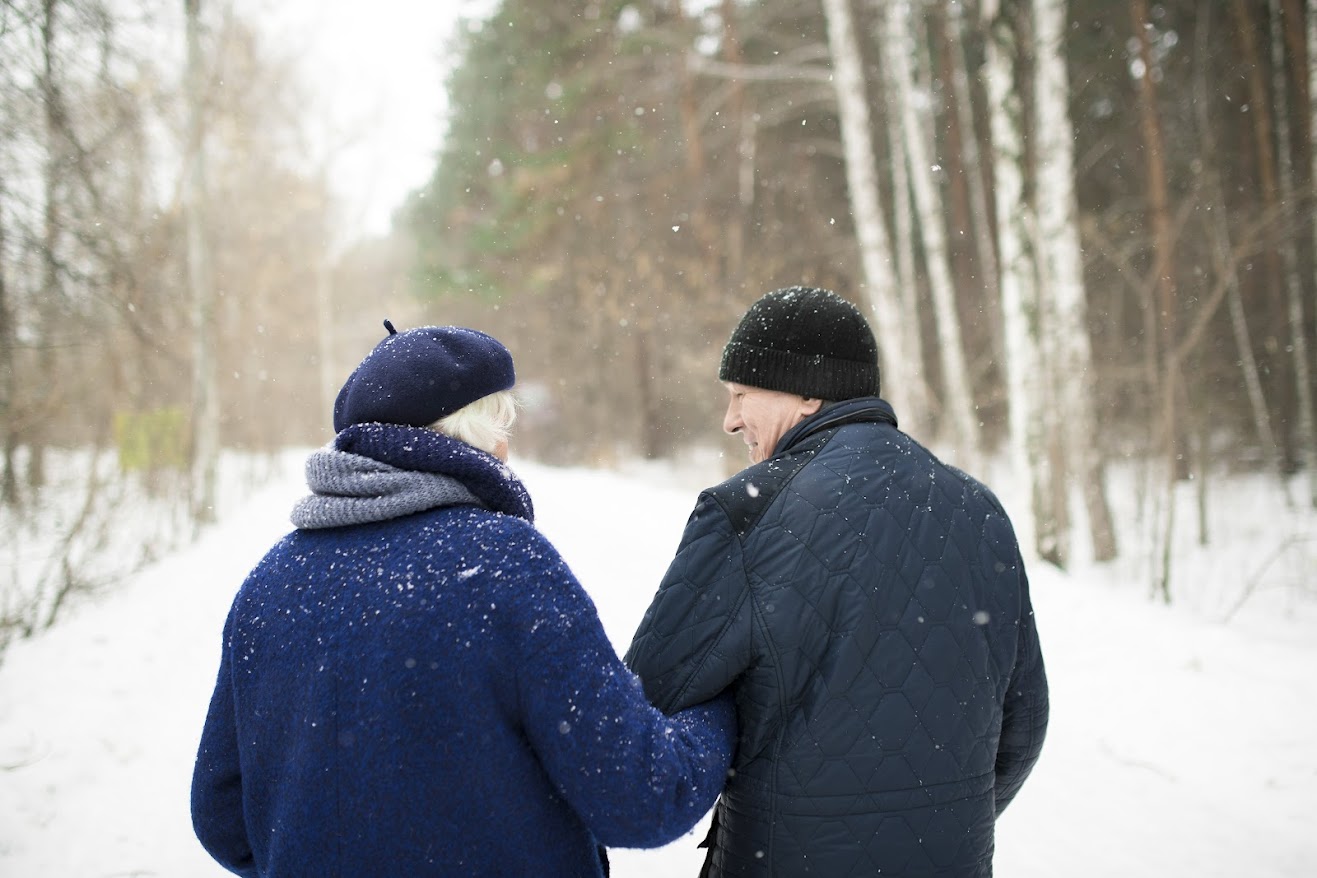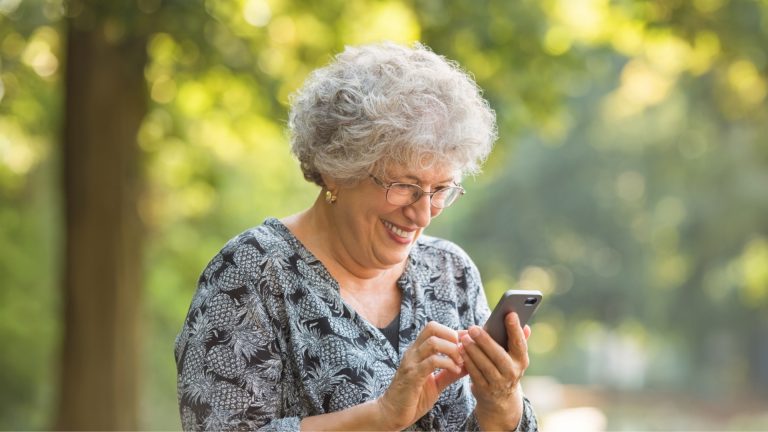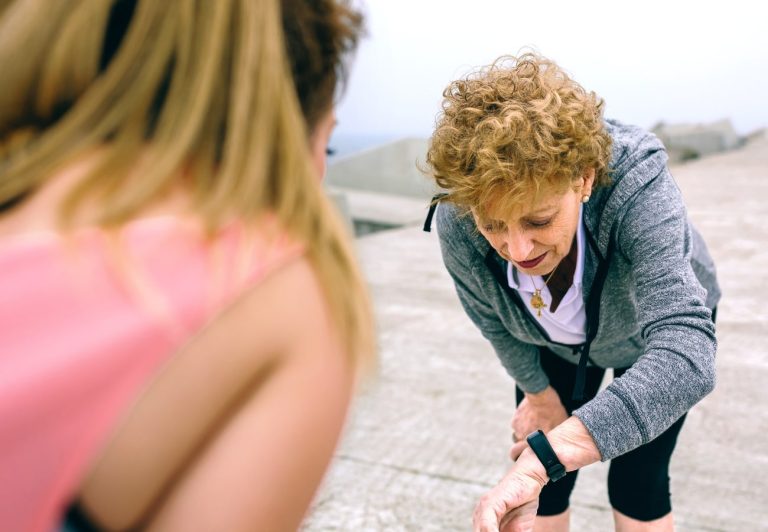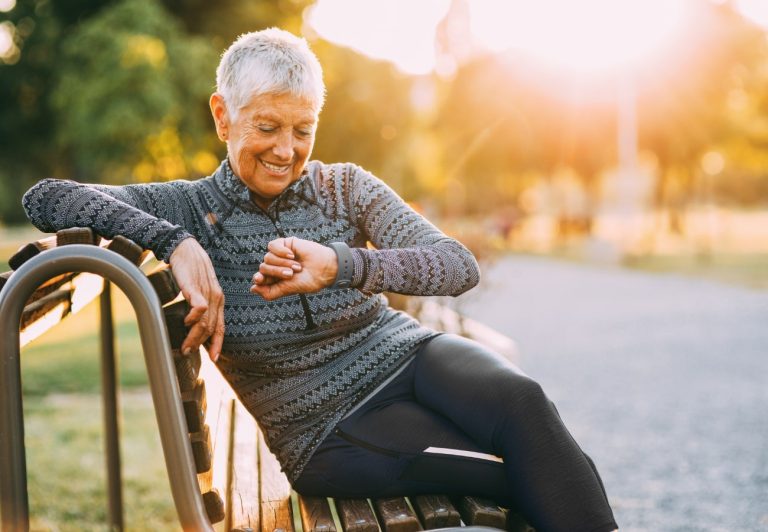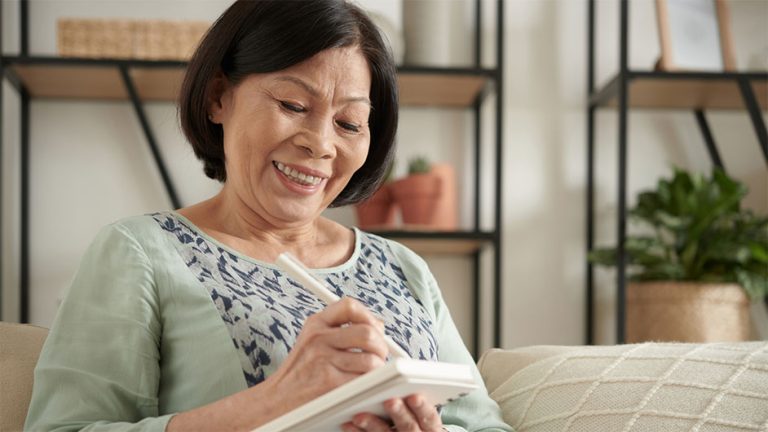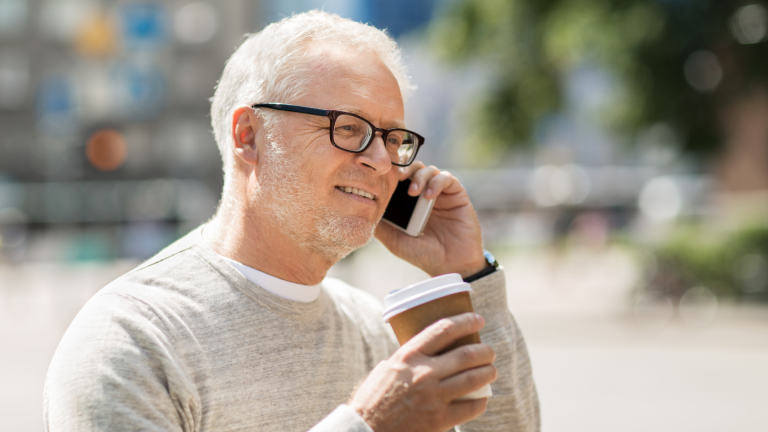Winter Safety Tips For Older Adults
As winter approaches so do the risk factors associated with it. Winter for many is the time of year that brings an elegant beauty with snow that falls and covers the streets and grass with a nice white sheen. It brings back memories of building snowmen and engaging in some wonderful winter activities. Ice skating, tobogganing, snowshoe walks and so much more. But for others, it could mean a life-changing occurrence due to an accidental fall or slip.
This article is dedicated to helping bring awareness so we never forget the risks associated with the winter season. As beautiful as it may be, winter can become devastatingly dangerous for others if the proper precaution is not taken. For seniors, this can be even more dangerous as the season takes an even harder toll on our bodies and creates our daily living conditions much harder to function depending on the nature of the activity.
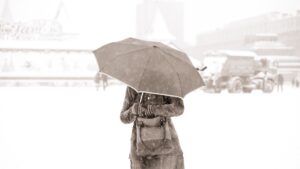
Obstacles That Seniors Must Overcome To Be Safe During The Winter Months
Vision impairment is among the leading cause of falling for seniors during the winter. The weather conditions associated with walking or traveling outdoors can certainly make it harder to see or impair vision. High winds have been known to make seniors squint and when the temperature drops low enough even more dangers can arise from the loss of vision. Our eyes tend to water as it combats the dry wind but when the temperature is low it can cause the liquid to freeze and make serious problems for getting around safely.
How the winter conditions can affect the indoors? Winter boots and shoes can create hazardous wet conditions indoors when the ice and snow melt off them and onto the floor. Ensuring proper indoor mats are placed to catch the excess snow and ice from your footwear when entering the indoors.
Vitamin D deficiency, a reduction in muscle and bone strength can be directly related to a loss of vitamin D during the winter months. Sunlight hours in the winter months are directly related to this and can make the walking conditions even more stressful.
Loss of sensitivity to extremities is a major factor during the winter for elder adults. The cold weather has been known to interfere with the sense of touch, reduced circulation, and affect diabetes.
Winter Safety Tips For Seniors
Many falls that are attributed to senior falls in the winter season are due to slipping and losing balance as a cause.
Proper footwear is extremely important, but more importantly, the grip or traction they offer is the most important when it comes to slipping and falling on wet snow or ice. In a recent study posted on CBC 5 out of 6 winter boots fail the slip test on ice. More attention needs to be taken and considered when shopping for proper winter footwear.
Hypothermia is a major concern in seniors during cold weather conditions and should be combatted by dressing in warm clothing. Ensuring the body is warm and hydrated is the best way to help blood circulation in reaching all your extremities. Hypothermia is another leading cause of seniors falling during the winter months.
Keeping active and fit is important over the winter months as many times we are restricted from traveling outside. Extreme cold conditions can keep us indoors for days and weeks on end. It is highly recommended that seniors stay active and strengthen and stretch their muscles on a daily basis to replace activities that may normally have been done during the summer months.
Being prepared and aware of your surroundings can minimize any possible risks of falling. Always avoid rushing outside, properly planning an event and taking the time to ensure you are prepared can always benefit the safety of your planning. So many accidents happen when we rush at all ages, unfortunately, the risk increases as we age.
What If Something Happens? Are You Protected?
So many factors come into play with an accident or fall, and unfortunately, no matter what we do to avoid them, they will still occur. The only thing we can do is prepare so that if they happen we always have a plan.
The plan should involve how a senior can take action in any emergency, and the ability to call for help when we need it most.
Start looking at medical alert pendants and devices that can help protect you when you may need them most. A medical alert device may not be able to stop someone from having a medical emergency or accident, but it can definitely save a life or minimize damage if the need arises.
For more information on what a medical alert device can do?
Contact Senior Protection for more information and how to get started 1 866 416 0838

